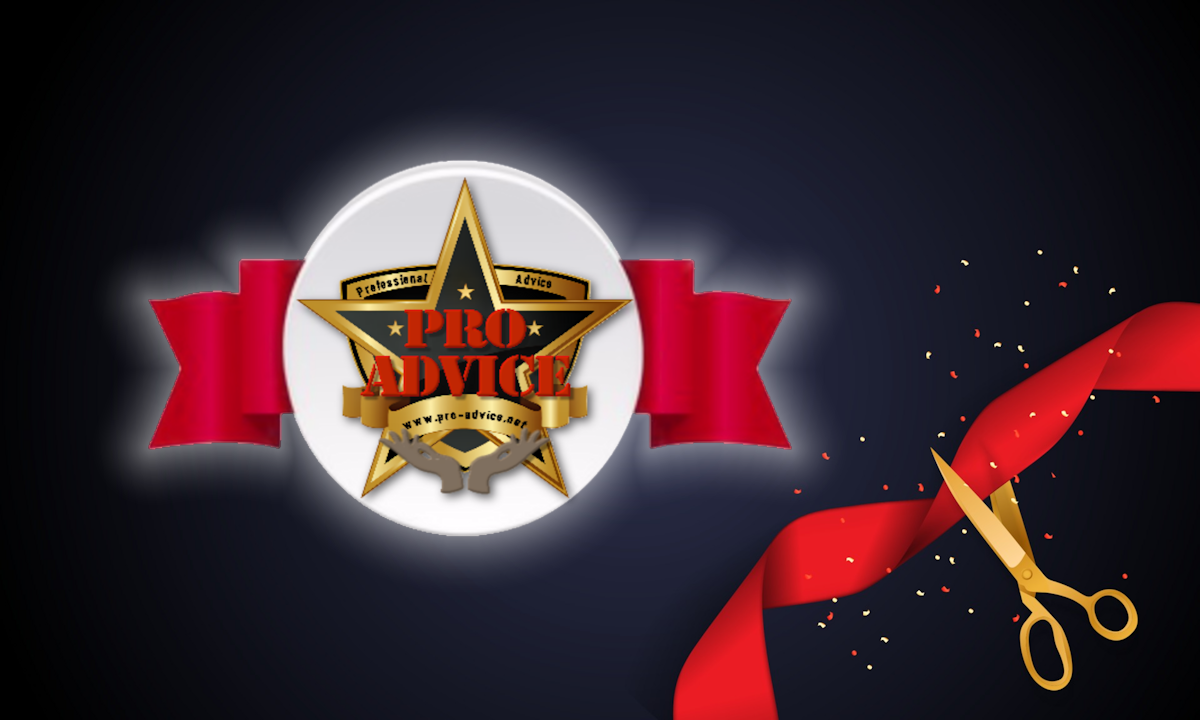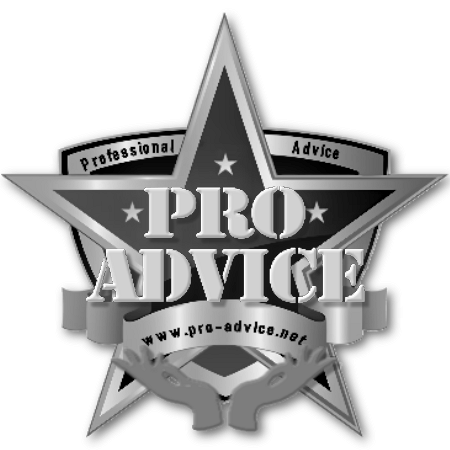
For businesses in this city, standing out in the competitive market is essential to attract both locals and visitors. Two remarkable examples of unique business concepts in Savannah are The Little Crown by Pie Society and the American Prohibition Museum. These ventures have successfully captured the attention of tourists by offering distinct experiences that connect with the city’s character and history.
Let’s explore how these businesses implemented their concepts to generate interest, and offer additional tips that local businesses can use to attract more visitors.
The Little Crown by Pie Society: A Taste of Britain in Savannah
The Little Crown by Pie Society is an innovative concept combining a traditional British pub with a pie shop. Located in Savannah City Market, it is Georgia’s smallest pub, operating in a cozy 300-square-foot space. Despite its small size, the business has managed to gain widespread recognition, including being named the best pie shop in Georgia by 24/7 Wall Street in 2020. This recognition is partly due to its unique offerings, which include a variety of British-style meat and dessert pies, such as the popular Steak & Ale pie and sausage rolls, as well as themed cocktails.
The business’s success can be attributed to a few key factors:
- Creating a Unique Niche: By offering authentic British cuisine and a pub experience, The Little Crown fills a niche that isn’t commonly found in Savannah. This unique appeal attracts tourists looking for something different from the typical Southern fare.
- Leveraging Space as a Feature: Instead of seeing its small size as a limitation, The Little Crown has turned it into a selling point. As the smallest pub in Savannah, it offers an intimate and cozy atmosphere, which can make customers feel like they’ve discovered a hidden gem.
- Location and Foot Traffic: Positioned in the heart of the City Market, The Little Crown benefits from high foot traffic. This bustling location ensures that the pub is easily accessible to both tourists and locals exploring the area.
American Prohibition Museum: History Brought to Life
The American Prohibition Museum offers another example of a creative business idea thriving in Savannah. Opened in 2016, this interactive museum is the only one of its kind in the United States dedicated to the history of the Prohibition era. The museum combines educational content with immersive experiences, such as costumed actors, wax figures, and a functioning speakeasy bar, where guests can enjoy historically inspired cocktails.
The museum’s approach has been successful due to several factors:
- Storytelling and Immersive Experiences: The museum doesn’t just present artifacts or information; it tells the story of Prohibition in a way that’s engaging and interactive. This approach helps visitors feel connected to the historical period, turning learning into an enjoyable experience.
- Integration of Entertainment: By including a speakeasy bar within the museum, the business blends history with entertainment. Visitors can not only learn about the Prohibition era but also get a taste of it by enjoying a classic cocktail, enhancing their overall experience.
- Tourist Appeal: Located in the heart of Savannah, the museum benefits from a steady stream of tourists who are drawn to the city’s historic and cultural attractions. By offering a one-of-a-kind experience that can’t be found elsewhere, the museum has positioned itself as a must-visit destination.
What Other Businesses Can Learn from These Examples
The success of The Little Crown by Pie Society and the American Prohibition Museum offers valuable lessons for local businesses in Savannah. Here are some tips that other businesses can implement to attract more tourists and local visitors:
- Embrace a Unique Concept or Niche
- Finding a niche market or offering something truly distinctive can help set your business apart. Whether it’s a product, service, or experience, businesses that differentiate themselves from the competition are more likely to capture the attention of tourists. Think about what makes Savannah special and how your business can add to that charm. For example, offering locally-inspired products or experiences that reflect the city’s culture and history can resonate with visitors.
- Make the Most of Your Location
- Being in a tourist-heavy area like Savannah City Market, River Street, or the Historic District can be a huge advantage. Make sure to optimize your business’s visibility by utilizing attractive signage, offering sidewalk samples, or setting up outdoor seating areas where allowed. Partnering with nearby attractions or other local businesses can also help draw in more foot traffic. For instance, if you operate a café near a historic landmark, collaborate with tour companies to provide package deals that include a meal or special discount.
- Offer an Immersive Experience
- Today’s tourists are looking for more than just products or services—they want experiences. By providing an immersive or interactive experience, you give visitors a reason to choose your business. This could mean hosting live demonstrations, offering workshops, or incorporating themed décor that ties into Savannah’s historical and cultural background. Adding layers of storytelling to your business, just like the American Prohibition Museum, can create a memorable and engaging experience for visitors.
- Create Instagrammable Moments
- Many tourists share their experiences on social media, so creating photogenic spaces or offering visually appealing products can encourage visitors to promote your business online. Consider setting up a designated photo spot with a backdrop that represents your brand or Savannah’s iconic elements. When tourists post these photos, they act as free advertising for your business, reaching a larger audience.
- Incorporate Local Flavor
- Businesses in Savannah have the opportunity to incorporate elements of the city’s history, culture, and cuisine into their offerings. Restaurants, for example, can feature dishes made from local ingredients or inspired by traditional Southern recipes. Retail shops can offer locally-made crafts, art, or souvenirs. The more you can tie your business to the essence of Savannah, the more likely you are to attract tourists who want an authentic local experience.
- Offer Special Events or Themed Nights
- Hosting events can create excitement and draw in crowds. Consider offering themed nights, such as a “Prohibition Night” with jazz music and 1920s-inspired cocktails, or a “British Afternoon Tea” at your café. Special events can give tourists a reason to visit your business on a specific day, adding to their overall itinerary in Savannah.
- Leverage Online Listings and Reviews
- Make sure your business is listed on popular travel and review sites, such as TripAdvisor, Yelp, and the Savannah Business Directory. Encourage satisfied customers to leave reviews, as positive feedback can influence future visitors. Online reviews often play a significant role in a tourist’s decision-making process, especially when they’re unfamiliar with local businesses.
- Collaborate with Other Local Businesses
- Forming partnerships with complementary businesses can help you reach a wider audience. For instance, a restaurant could collaborate with a local tour company to offer dining packages for tourists. Businesses located near each other could join forces to create a “Savannah Passport” offering discounts or deals at multiple locations. This collaborative approach not only drives business but also enhances the visitor experience by providing a more comprehensive Savannah-themed adventure.
Final Thoughts
The Little Crown by Pie Society and the American Prohibition Museum show how businesses can thrive in Savannah by offering unique, memorable experiences that connect with the city’s character. By embracing a distinct concept, leveraging their location, and creating immersive experiences, these businesses have captured the interest of both locals and tourists. Local businesses can learn from these examples by implementing strategies that attract visitors, celebrate Savannah’s charm, and provide a one-of-a-kind experience.
To maximize your business’s potential, consider listing it on the Savannah Business Directory to increase visibility and connect with more tourists and locals.




















